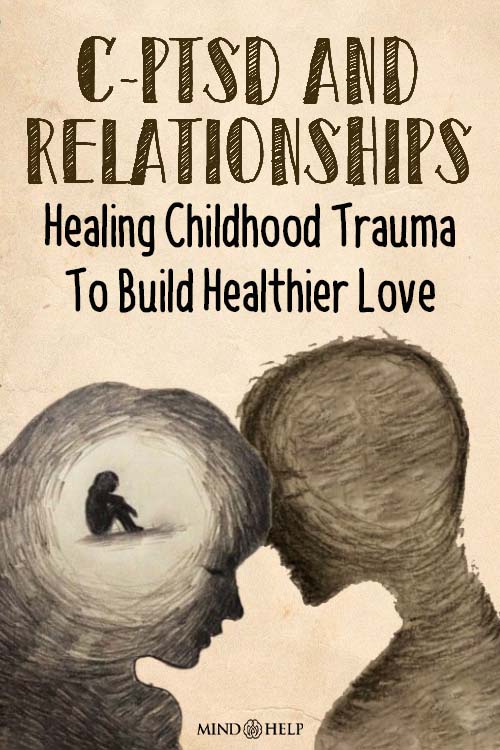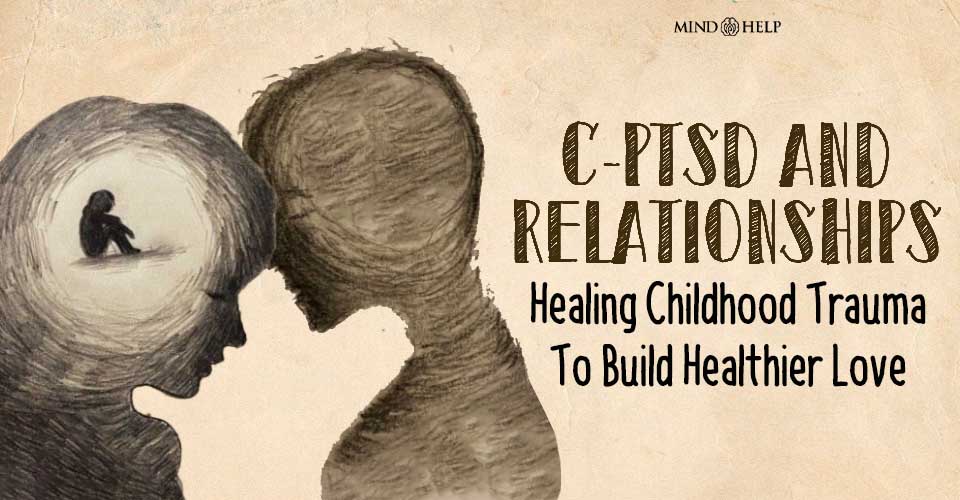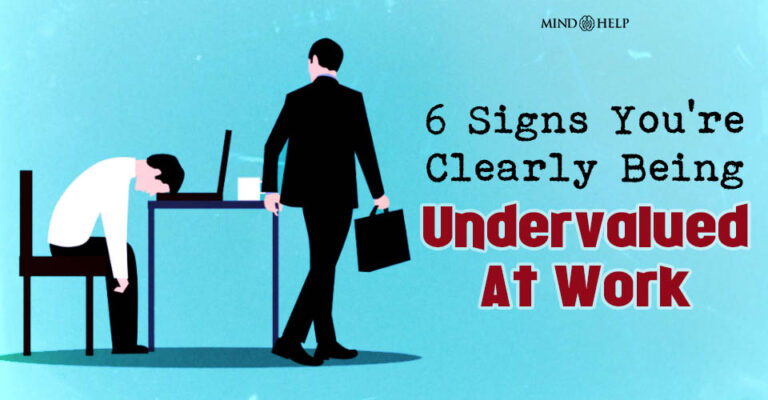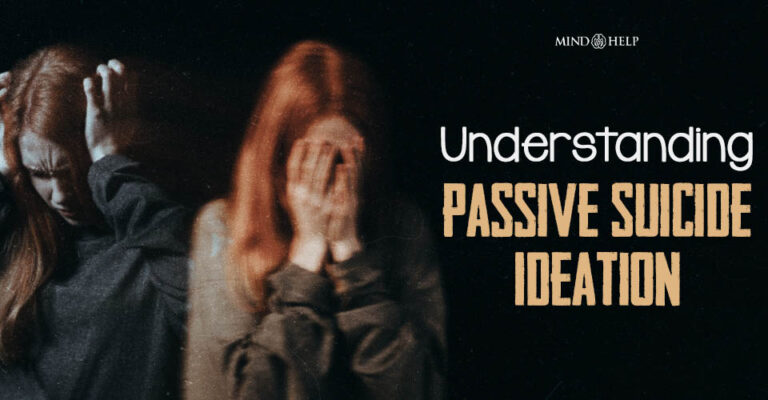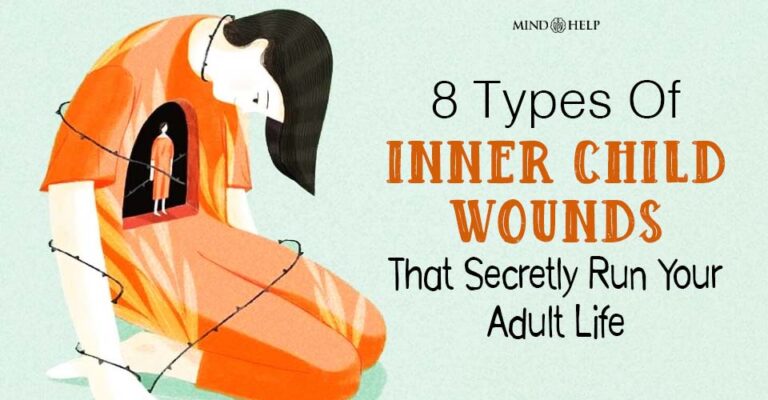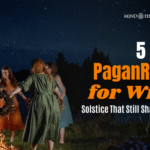Growing up in a turbulent or emotionally starved environment often leaves more than just memories—it leaves wounds. Many of us rushed toward adulthood thinking love would finally make everything okay. We craved connection, affection, and validation. But what we didn’t realize is that unresolved childhood trauma could silently sabotage our ability to build lasting, fulfilling relationships. C-PTSD and relationships often collide in painful ways.
The emotional injuries from childhood don’t disappear with age. Instead, they embed themselves in the subconscious, influencing how we give and receive love. Understanding this link is crucial if you want to stop repeating the same destructive patterns and start forming genuine emotional bonds.
How Childhood Trauma Shapes Adult Relationships
Childhood isn’t just a phase—it’s the blueprint for our emotional world. If you were neglected, emotionally invalidated, or raised in a chaotic home, the impact of these childhood wounds doesn’t just fade with time. These early experiences leave scars on your nervous system and self-worth, making adult relationships feel unsafe, uncertain, or overwhelming.
Instead of love being a source of comfort, it becomes a source of anxiety, fear, or confusion. If you’ve ever asked yourself, Why do I keep sabotaging my love life?, your unresolved childhood trauma could be the answer.
C-PTSD and Relationships: The Hidden Struggles
Here are a few common ways C-PTSD affects how we connect:
1. Fear of Abandonment
You may spiral into worry if your partner takes a while to reply. Maybe you crave constant reassurance or tolerate toxic dynamics just to avoid being alone. This fear often stems from being emotionally or physically abandoned as a child.
2. Avoidance of Intimacy
Some people respond to unmet needs by building walls. If you tend to ghost, avoid vulnerability, or prefer casual over committed relationships, you might be trying to protect yourself from the pain of rejection or disappointment.
3. People-Pleasing and Boundary Issues
Were you taught that love must be earned? That saying “No” brings punishment or withdrawal? If so, you may now struggle to set boundaries, feel guilty for prioritizing yourself, or over-apologize for existing.
4. Repeating Toxic Patterns
Our brains seek familiarity—even when it hurts. That’s why we often choose partners who mirror the dynamics of our childhood. If you had a critical parent, you might be drawn to someone emotionally unavailable or harsh.
5. Limerence and Love Addiction
For those with C-PTSD, love can become a high-stakes emotional rollercoaster. You may mistake emotional intensity for intimacy, confuse obsession for love, and chase validation like your life depends on it.
Read: Love Addiction
Just because you carry these patterns doesn’t mean you’re broken. You’re human. And healing is possible.
How to Heal Childhood Wounds and Reclaim Your Power
Healing doesn’t erase your past—it gives you the freedom to stop reliving it. Here’s how to heal emotional wounds from childhood and build healthier relationships:
- Recognize Your Patterns
Start by observing your emotional responses. Do you panic when someone pulls away? Do you shut down during conflict? Awareness is the first step in understanding the grip childhood trauma has on your relationships.
- Reconnect With Your Inner Child
That vulnerable part of you is still inside. Ask: What did I need as a child that I didn’t get? Whether it was safety, love, or consistency—start offering that to yourself now. Talk to your inner child. Nourish them. Protect them. Become the caregiver you once needed.
- Seek Reflection or Therapy
Learning how to heal childhood wounds isn’t always a solo journey. Trauma-informed therapy can help you safely explore these patterns and begin rewiring your emotional responses. If therapy isn’t accessible, try journaling, talking to trusted friends, or reading books about healing childhood trauma.
- Make Conscious Choices
You may still feel triggered or attracted to familiar dysfunction. But healing means you start choosing differently. You begin to stay away from emotionally unavailable people. You start opening up instead of shutting down. You choose love—not fear.
There’s Hope Beyond the Pain
C-PTSD and relationships are a complicated dance, but they don’t have to end in heartbreak. With time, patience, and self-compassion, you can heal. This journey isn’t about perfection—it’s about progress. Every small step you take toward healing is a step toward a more loving future.
This National PTSD Awareness Day, let’s commit to breaking generational cycles and healing our childhood wounds. Let’s choose awareness over autopilot, courage over coping, and connection over chaos. Because no matter where you started, you deserve a love that feels safe.
If this article resonated with you, please share it with someone who needs it. Healing is hard—but we don’t have to do it alone.
